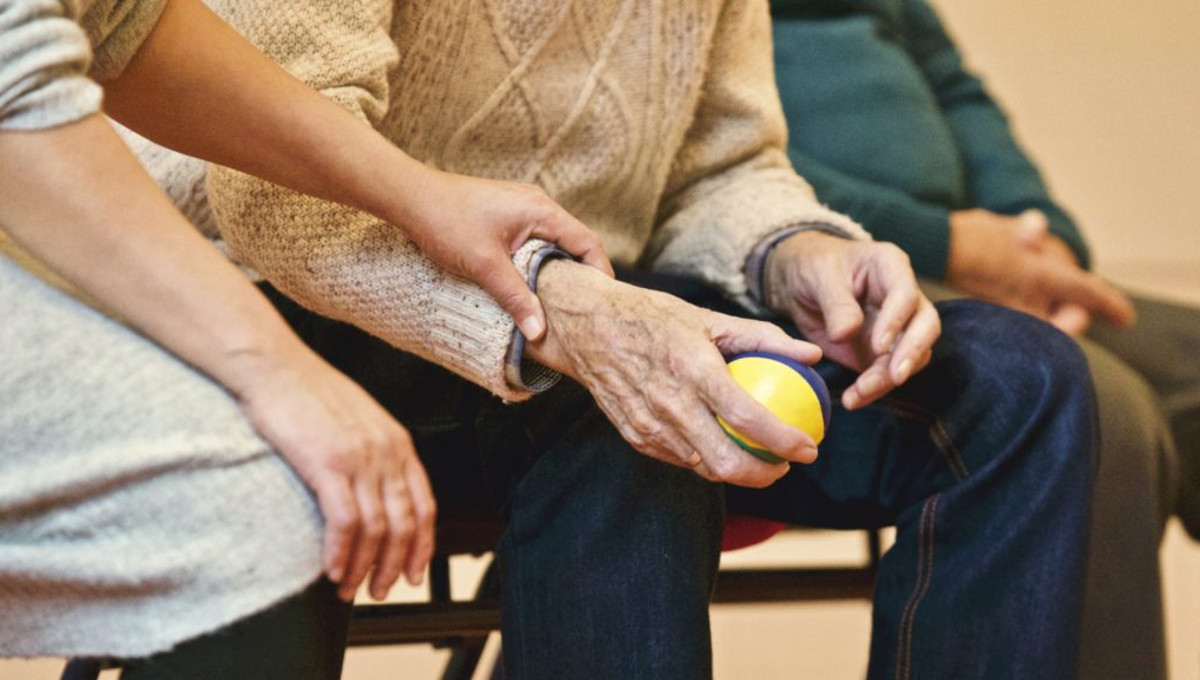“The measure of our compassion lies not in our service to those on the margins, but in our willingness to see ourselves in kinship. And that means the decided movement towards awe and giant steps away from judgement.” -Greg Boyle, SJ
A few weeks ago, I walked into a documentation room at the hospital where I work in order to speak with a physician regarding a patient. The patient had landed on our doorstep, homeless, vulnerable, and with some behavioral challenges that made caring for him and getting him to engage in treatment quite difficult. As some staff had requested assistance identifying resources and an appropriate care plan, I re-introduced myself to the fairly new physician. “Oh, are you here to talk about Darth Vader?” he asked, referring to a rather distinct tattoo that the patient had on his body.
I took a deep breath and asked, “Oh, did he ask you to call him that?” Pausing for a brief second , I added “I heard he likes to be called Bob.”

I work in mission integration in a small Catholic hospital in New England. Charged with ensuring that our Catholic identity permeates throughout the organization, I find myself responding to patient issues, modeling empathy toward challenging patients for staff at risk of burnout, and generally putting out fires all day long. In a fractured and fragmented system, we aim each day to do healthcare a little… differently. We work to make sure that we are living out our call to provide excellent care with special concern for the poor and disadvantaged. One tiny way to do that? To be a place where we call our patients by their chosen name.
I’ve been thinking lately about reverence. As I have started thinking about ways to invite, remind, and challenge my colleagues to see the people we serve and serve alongside as just like us, I realize that I’m forgetting a piece of the puzzle. And namely, that piece is a lesson from St. Vincent – that we invite people from all walks of life to join us in service. We invite all people into kinship. We introduce the person who preaches personal responsibility to the person who lost his job and has to choose between prescriptions and food for his kids. I befriend the person whose political beliefs challenge me to the core. And here – instead of dismissing a physician for an (inappropriate) off the cuff remark, I lean in. Why is he comfortable saying that? What is his experience? Wonder why he is feeling so jaded so early in his tenure with us? The beauty here is that I’m no longer a client advocate working on the outside for a tiny community health non-profit. I work in administration at the hospital; I have a leadership role. It’s up to me to effect some change here. And leaning into the lived experience of another person? That’s how we transition into fulling living the conviction that all people deserve our respect and our reverence, that all people are made in the image and likeness of God.
More kinship. Less judgement. Boundless compassion (borrowed from the title of Greg Boyle’s book) just might be my phrase for the next year. The world – and our health care system – definitely needs it. Here we go, 2018.







0 Comments